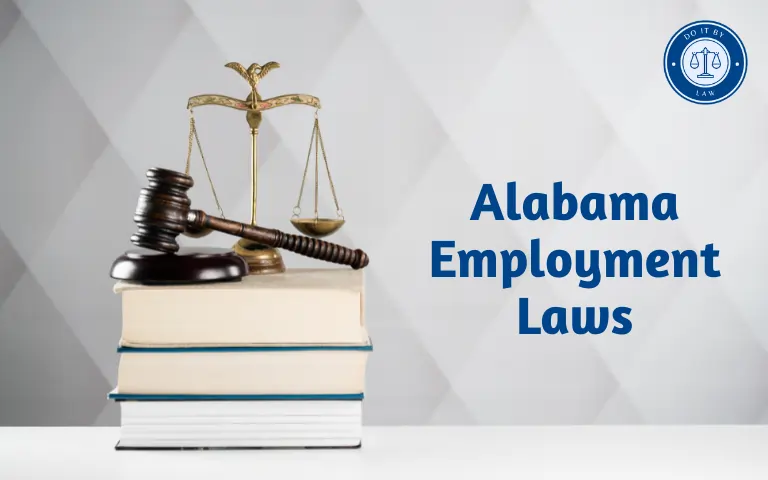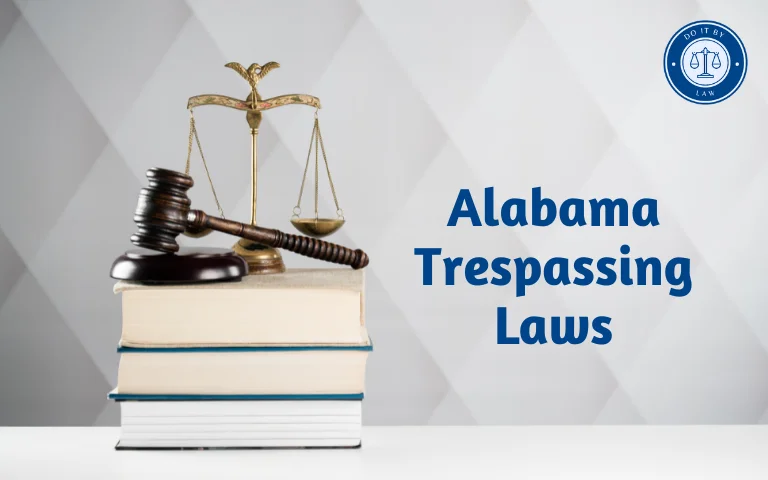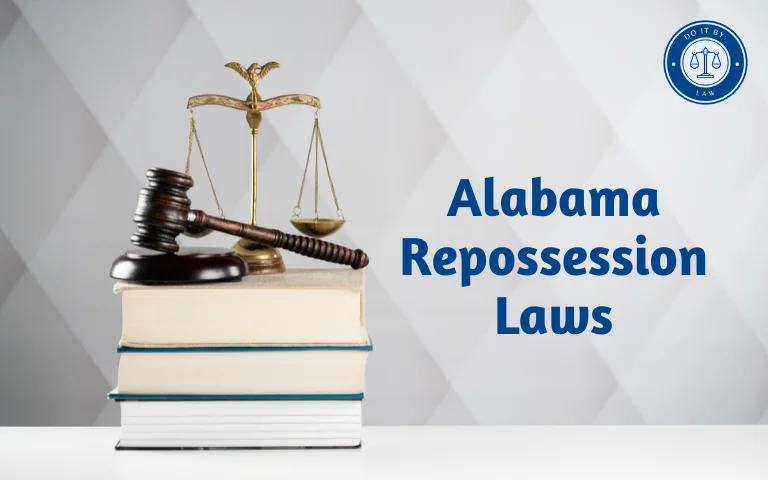Alabama Employment Laws: What You Need to Know
Alabama State laws govern various aspects of employment relationships between workers and employers in the state. Understanding core Alabama employment laws is crucial for employers to ensure legal compliance and for employees to know their rights.
This overview covers major Alabama employment laws on topics like pay, breaks, benefits, termination, discrimination, leave, safety, and more. It provides employers and employees guidance on navigating state statutes impacting the workplace.
Knowing Alabama employment regulations aids in creating positive work environments where both parties understand their responsibilities and protections under the law.
History of Alabama Employment Laws and Their Purpose
Alabama passed its first protections for workers in the child labor laws of 1907. These banned employing children under 14 in dangerous jobs.
Over the 20th century, Alabama enacted further laws around:
- Minimum wage and overtime requirements.
- Anti-discrimination safeguards.
- Leave and benefits mandates.
- Safety and health standards.
- Whistleblower and retaliation provisions.
The motivation behind employment laws has been protecting Alabama workers from exploitation or mistreatment. Statutes aim to ensure fair compensation, safe conditions, and equitable treatment for employees.
Who Alabama Employment Laws Apply To
Most Alabama employment laws cover:
- Employees working within the state, regardless of immigration status.
- Employers based in Alabama or employing workers in Alabama.
- Temporary and part-time employees.
- Job applicants.
Both private and public sector workers are covered by most provisions. Certain professional or occupational exemptions may apply in some laws. Statutes apply regardless of company size.
Key Alabama Employment Laws and Requirements
Major employment laws in Alabama address:
| Topic | Details |
|---|---|
| Wages and Hours | State minimum wage of $7.25 per hour. |
| Overtime pay is required for over 40 hours per week. | |
| Exemptions for executive and professional employees. | |
| Requirements for meal breaks and days of rest. | |
| Health and Safety | Workers compensation insurance is required. |
| Workplace safety standards per federal OSHA regulations. | |
| Right to refuse dangerous work. | |
| Safety requirements for minors. | |
| Discrimination and Harassment | Protected classes covered against discrimination. |
| Employer liability for harassment by managers or coworkers. | |
| Whistleblower protection against retaliation. | |
| Family and Medical Leave | Up to 12 weeks unpaid leave for serious health conditions or family reasons. |
| At-Will Employment | Alabama follows at-will employment allowing dismissal without cause. |
| Exceptions prohibit firing based on discrimination or retaliation. |
Wages and Hours
- State minimum wage of $7.25 per hour.
- Overtime pay is required for over 40 hours per week.
- Exemptions for executive and professional employees.
- Requirements for meal breaks and days of rest.
Health and Safety
- Workers compensation insurance is required.
- Workplace safety standards per federal OSHA regulations.
- Right to refuse dangerous work.
- Safety requirements for minors.
Discrimination and Harassment
- Protected classes covered against discrimination.
- Employer liability for harassment by managers or coworkers.
- Whistleblower protection against retaliation.
Family and Medical Leave
- Up to 12 weeks unpaid leave for serious health conditions or family reasons.
At-Will Employment
- Alabama follows at-will employment allowing dismissal without cause.
- Exceptions prohibit firing based on discrimination or retaliation.
Alabama Employment Law Penalties
Penalties for violating Alabama employment laws may include:
- Fines up to $70,000 for willful or repeat wage/hour violations.
- Damages, back pay, reinstatement for wrongful termination.
- Fines up to $11,000 for OSHA violations impacting health/safety.
- Cease and desist orders plus damages for discriminatory practices.
- Revocation of business license for multiple violations.
- Both the company and responsible personnel can be liable.
Lawsuits, agency complaints, or criminal charges enforce laws. Ignoring claims of violations risks harsh penalties.
Recent Changes to Alabama Employment Laws
Recent updates to Alabama employment laws and regulations include:
- 2022 – Added requirements on vaccination status disclosures.
- 2021 – Extended protections against discrimination to hairstyles associated with race.
- 2017 – Prohibited discrimination based on age.
- 2015 – Increased child labor work hours restrictions.
- 2014 – Raised minimum wage above the federal rate.
- 2009 – Repealed prior law allowing employment of children under 14.
Alabama continues updating employment statutes to expand worker protections. However, the state has not adopted recent trends like recreational marijuana use protections seen in some states.
Controversies Around Alabama Employment Laws
Notable controversies related to Alabama employment laws include:
- Business groups argue that employment lawsuits are too easy to file.
- Worker advocates pushing for higher minimum wage and paid leave laws.
- Debates over the fairness of at-will doctrine allowing termination without cause.
- LGBTQ advocates promoting non-discrimination protections not yet enacted.
- Disagreements over balance between local vs state employment ordinances.
- Extent of religious, disability, or pregnancy accommodations required.
- How to regulate evolving areas like social media policies and remote work.
Alabama grapples with similar debates as other states in balancing business interests, worker protections, and societal change.
Conclusion and Key Takeaways on Alabama Employment Laws
Alabama has established major laws around minimum standards, health, and safety, discrimination, leave, pay, child labor, and more to regulate employment. Both employees and employers must understand these core statutes impacting the workplace. Violations can lead to lawsuits or agency penalties.
Key takeaways on Alabama employment laws include:
- Alabama follows at-will employment doctrine allowing dismissal without cause in most cases.
- Range of state/federal laws protect against discrimination, unsafe conditions, etc.
- Wage and hour laws mandate minimum pay, overtime premiums, and youth worker limits.
- Ignoring valid employee claims of violations risks fines or damages.
- Ongoing debates weigh business interests and worker protections given societal change.
Proactive compliance promotes positive, lawful work environments. Reviewing state statutes should be part of every Alabama employer’s risk management.







